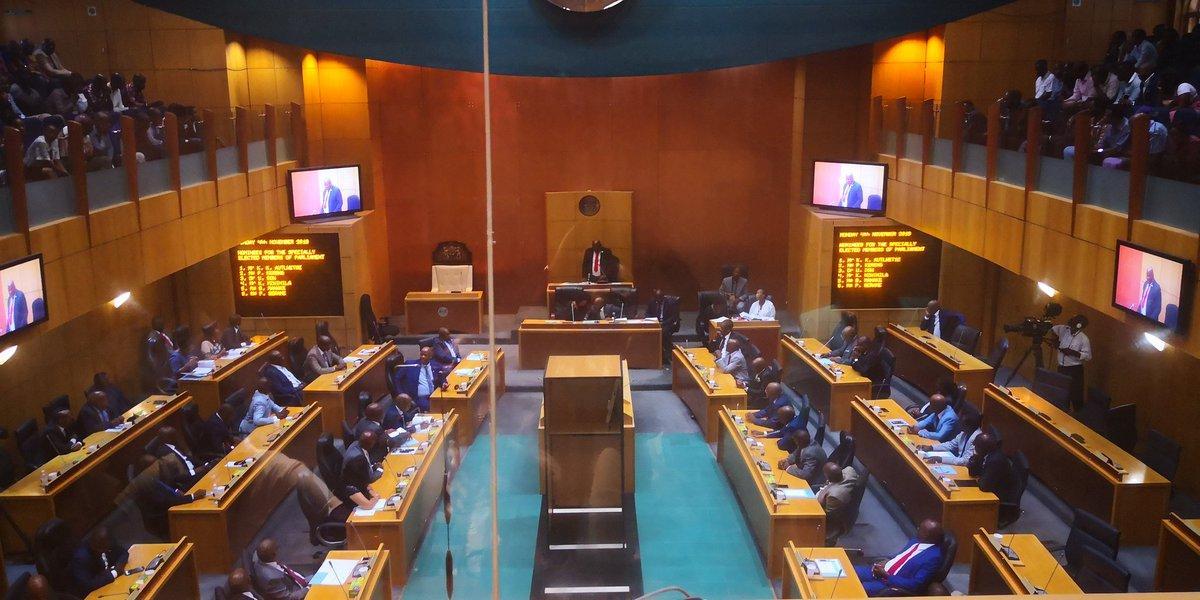Africa-Press – Botswana. Wild Entrust has been announced as the overall winner of the Wilderness Impact Challenge 2025 and walked away with a monetary prize to the tune of P1.4 million.
The challenge is a conservation initiative by Wilderness Trust focused on supporting transformative projects that improve human-wildlife coexistence and enhance wildlife security. This year’s challenge prioritised projects that address the challenges of humans living alongside wildlife, especially in areas where conflict and competition for resources exist.
The challenge was open to individuals and organisations, which could come up with sounding proposals of resourceful solutions/projects aimed at advancing wildlife conservation in Africa. Wild Entrust, through its project proposal, ‘The Bio-boundary’, that aimed at developing new tools to reduce human-predator conflict by reducing predator attacks on livestock and the need for lethal control of predators, impressed the judges.
Speaking during a celebration to announce the winning project and honouring the people behind the idea yesterday, Wilderness Trust member, Mr Derek De La Harpe explained that the challenge was floated internationally in December and there were over 140 applications, which had to be reduced to a shortlist of 11. After further evaluation, the number was reduced to four entries.
“All were exciting and interesting projects that can address the urgent need for creative solutions but the Bio-boundary project outclassed other competitors to become the winner of the challenge and we look forward to working with them to expand the impact of the project on small scale farmers who rely on livestock,” he added.
Mr De La Harpe highlighted that Wild Entrust presented an approach with the potential for lasting solution, noting that they expect the organisation to expand its research activities, especially on predators like lions in areas where Wilderness operates. He described the project as an innovative initiative aimed at advancing wildlife conservation and rural development.
Senior researcher for Bio-Boundary Project, Dr Peter Apps said the project has two main components, being the perimeter bio-boundary that deters predators from leaving protected areas by mimicking scent marks that demarcate home range and territories and bio-boundary repellents that use single components or simple mixtures of components of predator odours to keep carnivoures away from livestock.
The project operates in northern Botswana on the Hainaveld and Motopi ranches, a subsistence cattle post area west of Maun, and in the eastern half of Moremi Game Reserve and its neighbouring tourism concession areas.
For More News And Analysis About Botswana Follow Africa-Press






